
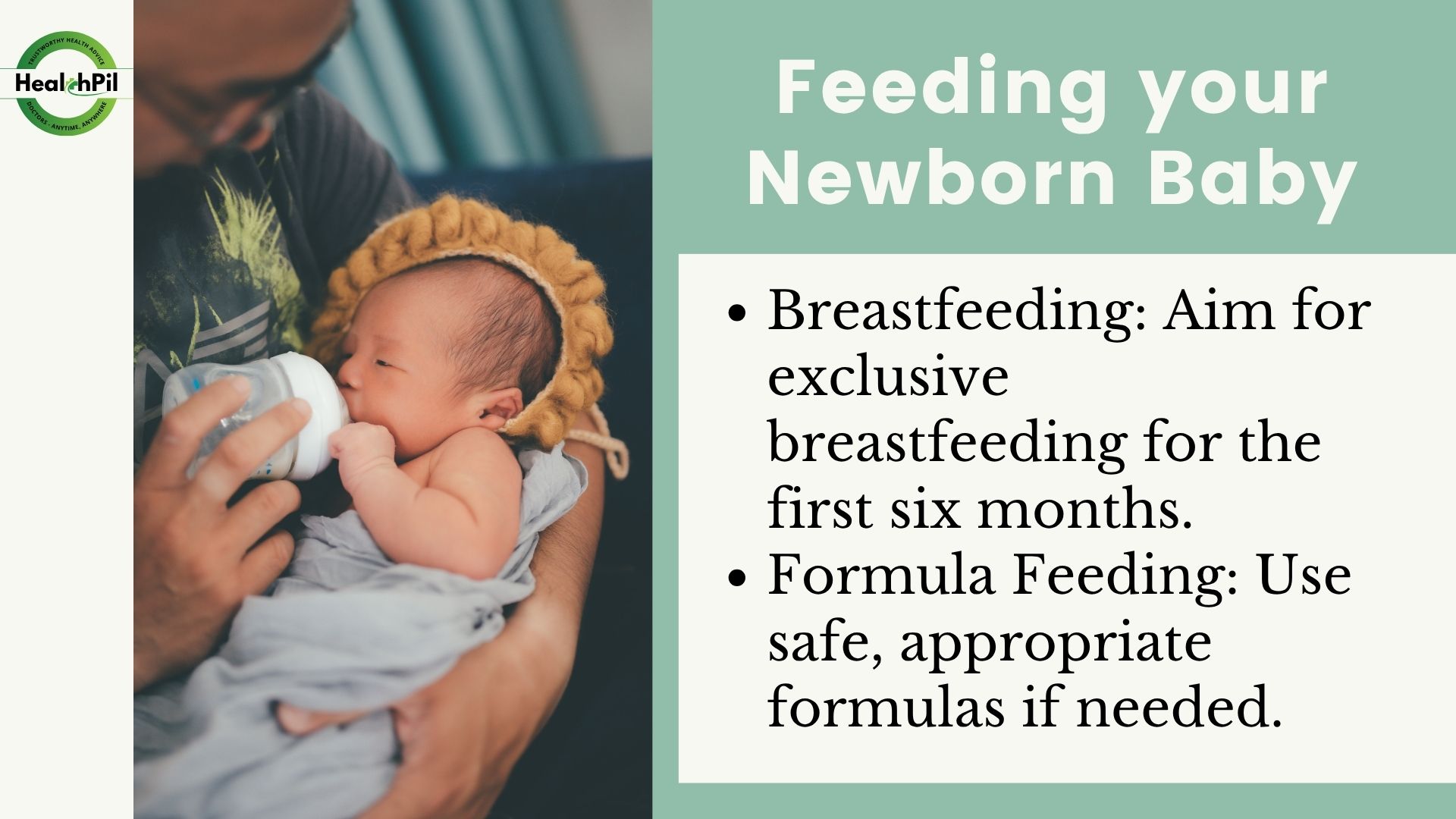
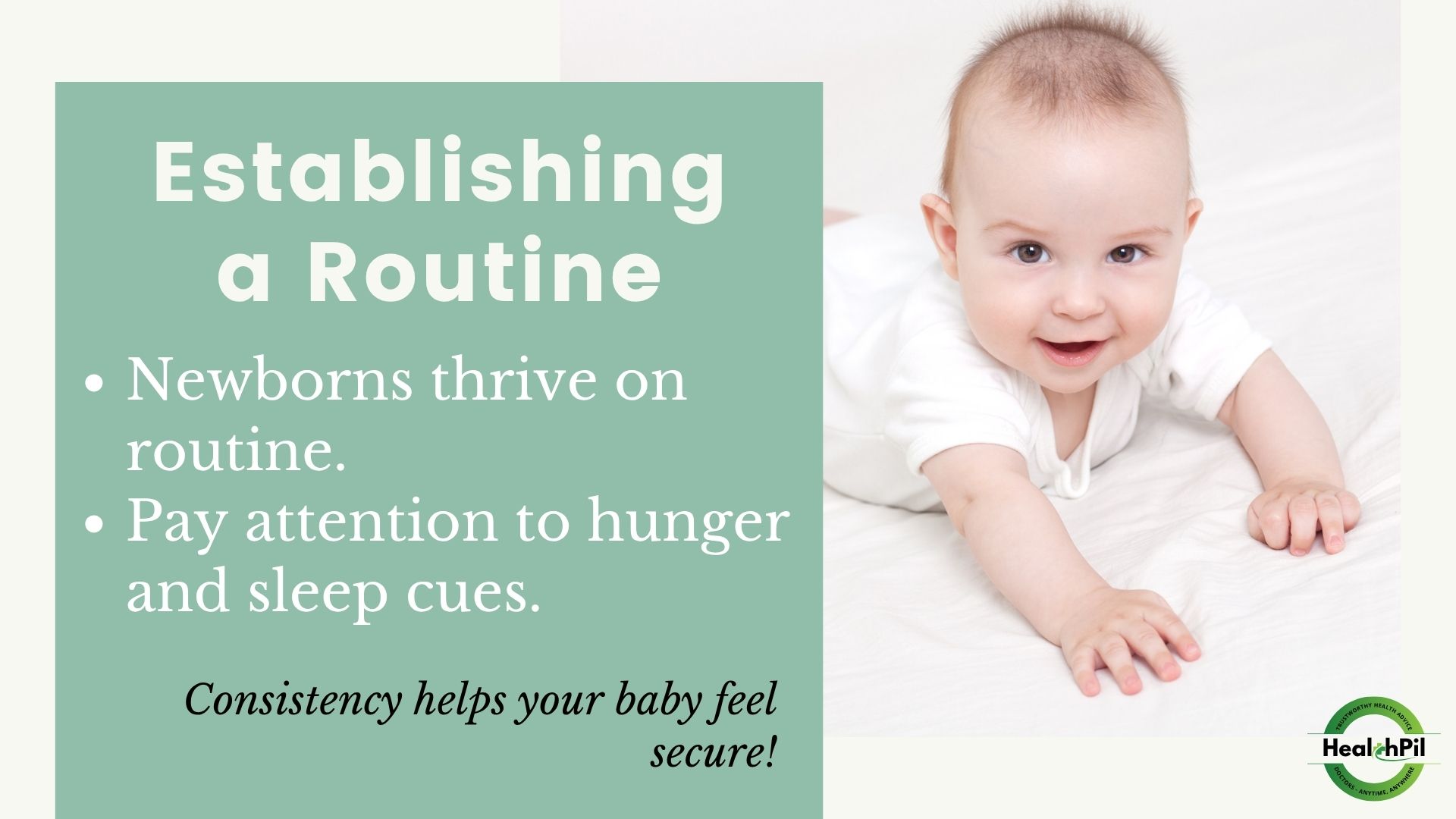
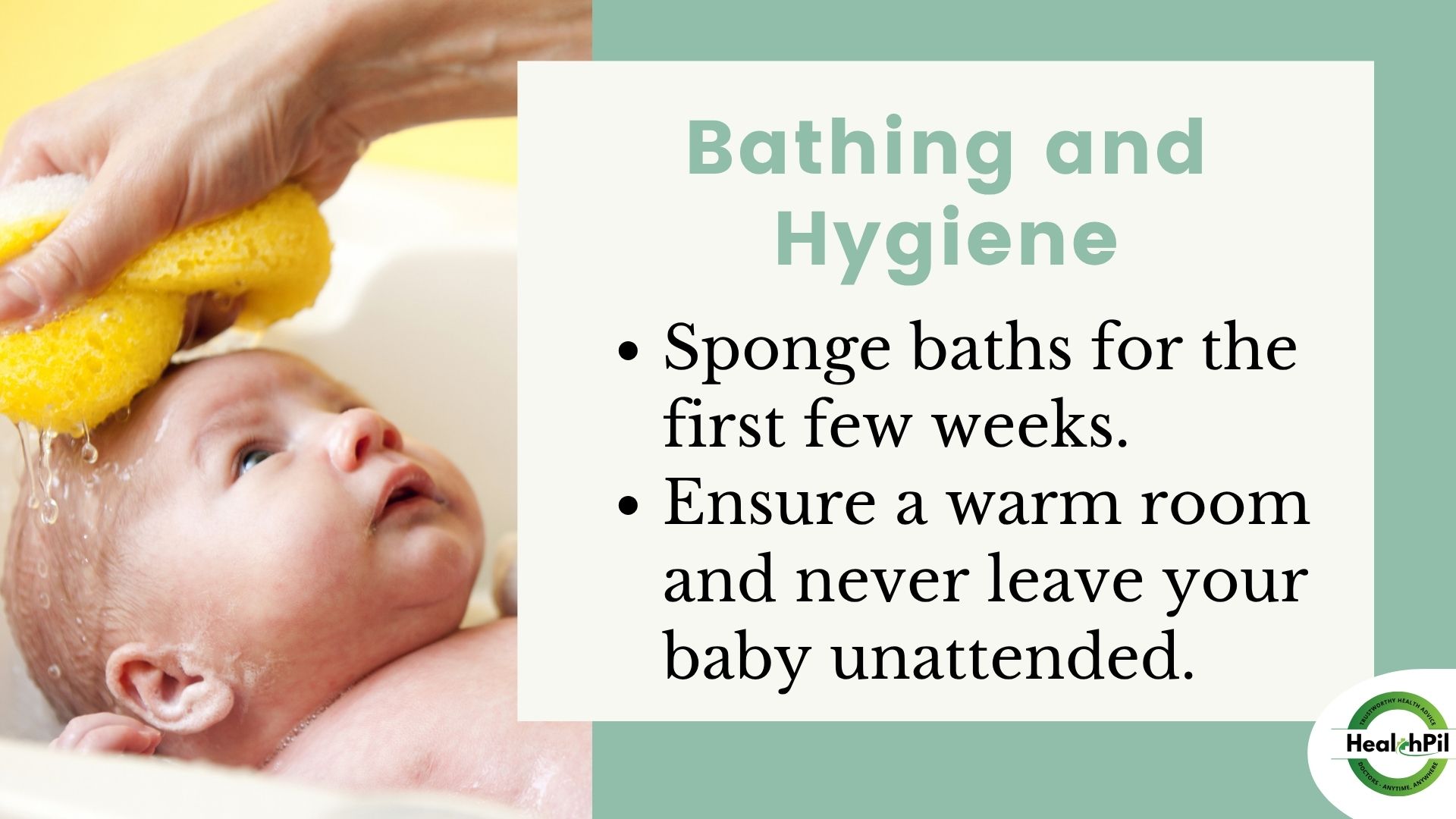
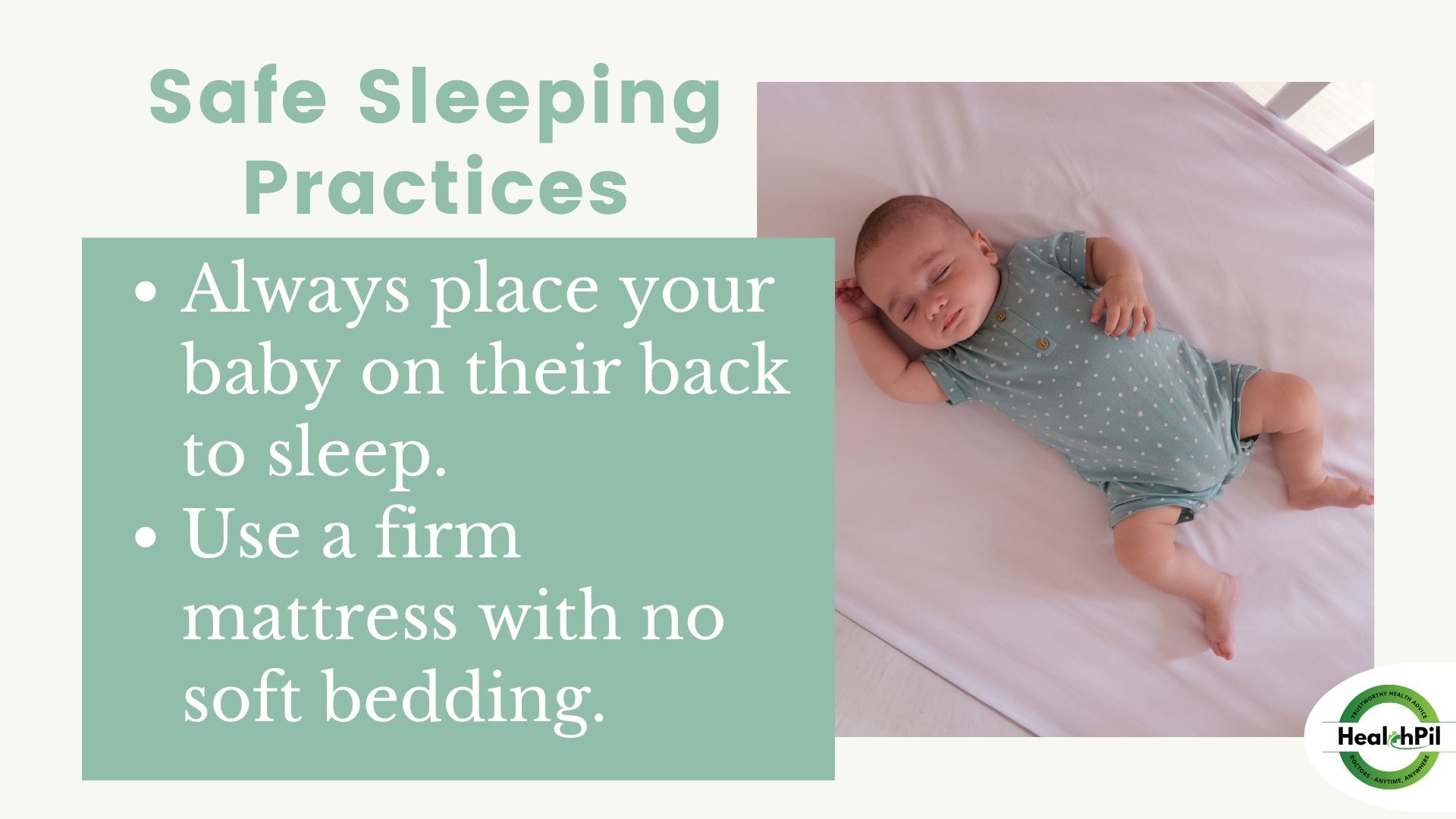
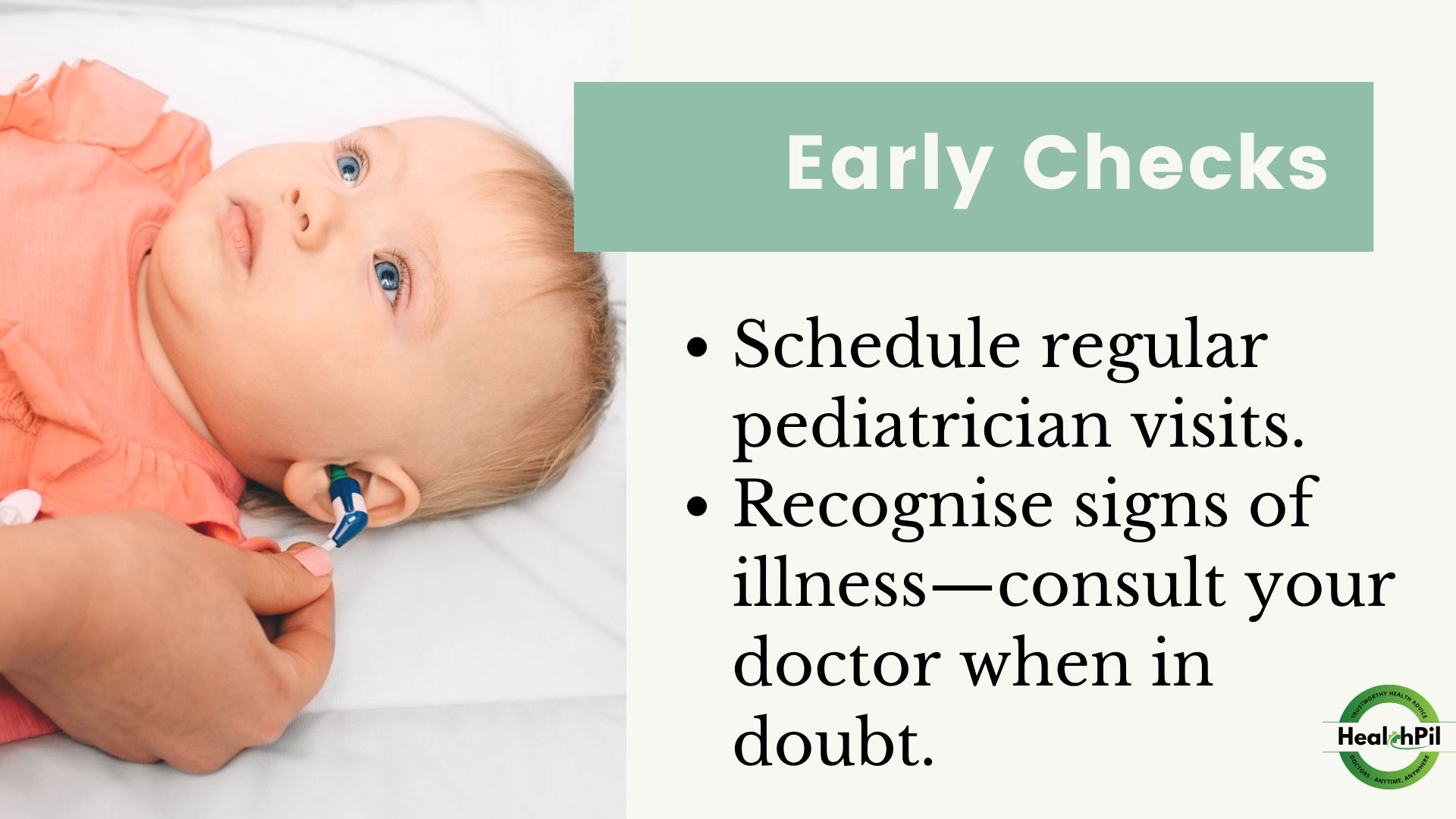


Bringing home a newborn is an exhilarating yet overwhelming experience for new parents. Understanding the basics of newborn care can help reduce anxiety and give your baby the best start. In this article, we’ll cover essential tips on feeding, bathing, sleeping, and general health to ensure your little one stays healthy and happy.
The First Few Days at Home
The transition from the hospital to home can be overwhelming. Here are some tips to follow:
1. Feeding Your Newborn:
● Breastfeeding: Aim to breastfeed exclusively for the first six months if possible. Breast milk is packed with all the essential nutrients and antibodies that are needed to protect your baby.
● Formula Feeding: If breastfeeding is not an option, ensure you use a safe and appropriate formula, following the guidelines for preparation and feeding.
2. Establishing a Routine:
● Newborns feel more secure with a routine, so try to create a feeding and sleeping schedule that works for both you and your baby.
● Make sure to watch for signs of your baby’s hunger or sleep cues so you can respond accordingly.
Bathing and Hygiene
Keeping your newborn clean is essential, but it’s important to do so safely:
● Sponge Baths: For the first few weeks, give sponge baths until the umbilical cord stump falls off and heals. Use lukewarm water and a soft washcloth.
● Bathing Tips: Ensure the room is warm, and never leave your baby unattended in the bath. Use mild, baby-specific soap and keep baths brief.
Safe Sleeping Practices
Making sure your baby has a safe sleep environment is really important to lower the risk of Sudden Infant Death Syndrome (SIDS):
● Back to Sleep: Always place your baby on their back to sleep, whether in a crib, bassinet, or play yard.
● Firm Mattress: Ensure the sleep surface is firm with no soft bedding, pillows, or toys.
● Room Sharing: Keep your baby in the same room as you for at least the first six months to enhance safety.
General Health and Development of your Newborn
●Pediatrician Visits: Schedule regular check-ups to monitor growth, vaccination status, and overall health.
● Recognizing Illness: Learn the signs of common illnesses in newborns, such as fever, difficulty feeding, or excessive crying. Always consult your healthcare provider if you have concerns.
Frequently Asked Questions
How often should I feed my newborn?
Newborns typically feed every 2-3 hours, whether breastfeeding (should be preferred unless contraindicated) or formula feeding.
When can I give my baby a bath?
Sponge baths are recommended for the first few weeks until the umbilical cord stump heals.
What is the best sleeping position for my baby?
Always place your baby on their back to sleep.
When should I schedule my baby's first pediatrician visit?
The first visit usually occurs within the first week after birth.
How can I tell if my baby is sick?
Watch for signs like fever, difficulty feeding, lethargy, or unusual crying. Consult your pediatrician if concerned.
Conclusion
Understanding the basics of newborn care is essential for new parents. By focusing on feeding, hygiene, safe sleeping practices, and regular health check-ups, you can provide a nurturing environment for your baby. The first few weeks at home are a learning experience, so don’t hesitate to seek support and advice from healthcare professionals.
Disclaimer
The information provided in this article is for awareness purposes only and should not replace professional medical advice. Always consult your healthcare provider for personalized medical guidance.
How HealthPil can help?
HealthPil Is Always Here for YOU!
● Need Guidance? Connect with healthcare experts ready to help you navigate gestational diabetes.
● Join Our Community: Gain access to tips, resources, and support from mothers just like you!
● Don’t Delay—Take Action! Your health and your baby’s future are too important to wait!
Contact HealthPil today and empower your pregnancy journey!
